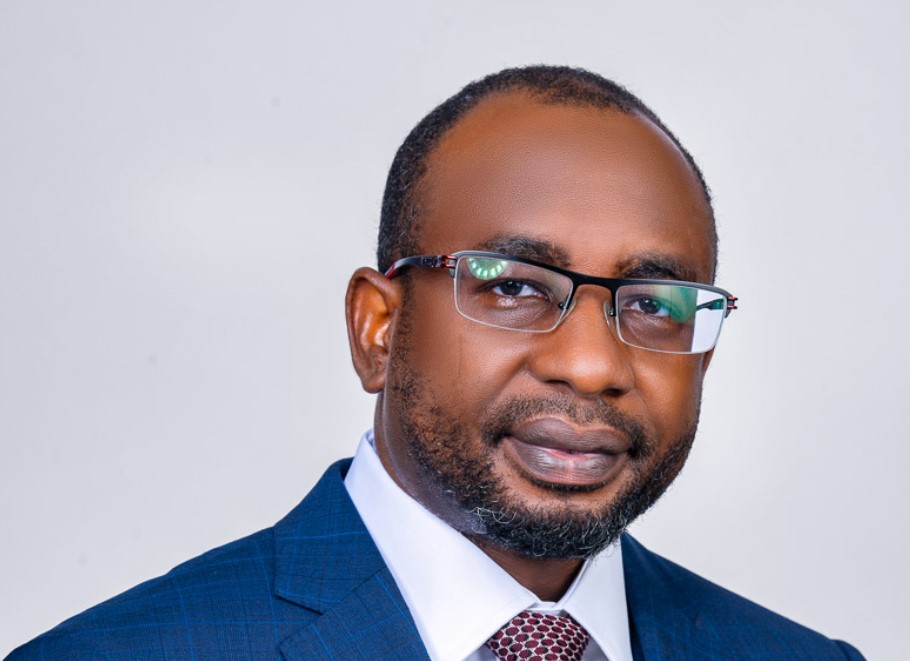The Director-General of the National Information Technology Development Agency (NITDA), Kashifu Inuwa, has reiterated the Federal Government’s commitment to achieving 95% digital literacy nationwide by 2030, with an ambitious intermediate target of 70% by 2027.
Speaking at a collaborative meeting hosted by the Universal Basic Education Commission (UBEC), Inuwa emphasised that this goal aligns closely with President Bola Tinubu’s administration’s broader agenda of economic reform, diversification, and inclusive growth.
The administration’s strategy focuses on accelerating industrialisation, digitisation, creative arts, manufacturing, and innovation as key drivers of national transformation.
“We started this journey in 2023 when President Bola Ahmed Tinubu came on board and he made it clear that economic diversification and inclusivity are part of the administration’s agenda, and the president outlined this in eight priority areas to achieve the vision, with priority number seven specifically focused on accelerating industrialisation, digitisation, creative arts, manufacturing, and innovation,” Inuwa said.
READ ALSO: Tijani: Nigeria’s digital economy nets $191m in Q1, $2bn fibre rollout set for Q4
Highlighting the critical role of digital fluency in realising these objectives, Inuwa announced the development of the National Digital Literacy Framework (NDLF), a strategic blueprint designed to align with international best practices while addressing Nigeria’s unique needs.
The framework identifies six core competency areas: device and software operations, information and data literacy, communication and collaboration, content creation, safety, and problem-solving.
The framework is designed to cover all levels of digital fluency from basic to advanced making digital skills accessible to every Nigerian, from primary school pupils to working professionals.
According to NITDA estimates, Nigeria’s digital literacy rate currently stands at approximately 50%, up from 44% in 2021, based on extrapolations from the World Bank’s Better Life Report. The agency is collaborating closely with the Nigerian Educational Research and Development Council (NERDC) to integrate the digital literacy curriculum into the formal education system.
Inuwa also revealed ongoing partnerships with global platforms such as Coursera to provide AI-powered teacher training and scalable online learning solutions. He cited a notable initiative launched last year in partnership with Nasarawa State University and CISCO, aimed at boosting digital literacy in tertiary institutions and equipping graduates with skills to compete globally.
“This is not a journey we can walk alone; we must bring everyone on board education stakeholders, technology providers, state governments, and international partners,” Inuwa said, calling for a whole-of-government and whole-of-society approach.
Responding to the DG’s remarks, UBEC Executive Secretary, Hajiya Aisha Garba, confirmed that the Commission has received the digital literacy curriculum and commenced internal review. While describing the curriculum as robust and forward-looking, she emphasised the need to simplify it for early learners and teachers.
Garba highlighted challenges such as curriculum overload, limited teacher capacity, and inadequate infrastructure as barriers to implementation.
She pledged that UBEC, alongside the State Universal Basic Education Boards (SUBEBs), would lead efforts to equip schools with computers and solar-powered infrastructure to support effective digital learning.
“We’re committed to working with NITDA and NERDC to refine the curriculum, train teachers, and ensure effective delivery. Let us align the technical vision with grassroots realities to make a lasting impact,” Garba concluded.



